Indonesia faces significant vulnerability to the impacts of climate change. Rising sea levels, deforestation, and increasing number of disasters are among the key challenges threatening the livelihoods of millions of Indonesians. Despite these urgent issues, the country’s approach to climate diplomacy has often been insufficient to address the scale of the crisis. However, there is an untapped opportunity within Indonesia’s urban centers to drive impactful climate action, leveraging the growing population and the unique role of cities in combating the climate crisis.
The urbanization trend in Indonesia underscores the increasing importance of cities in climate governance. The World Bank projects that by 2045, when Indonesia celebrates its centennial as an independent nation, approximately 220 million Indonesians will reside in urban areas. This figure represents nearly 70 percent of the country’s current population of 273 million. Similarly, data from Indonesia’s Central Statistics Agency (BPS) indicates that urban dwellers will constitute 66.6 percent of the total population by 2035, up from 57.3 percent in the 2020s. This rapid urban growth presents both a challenge and an opportunity: while urban areas contribute significantly to greenhouse gas emissions, they are also hubs of innovation, infrastructure, and policy experimentation that can lead the way in climate action.
One of the key moments that Indonesia must capitalize on is the recent regional head elections held on November 27, 2024. This political milestone provides a fresh opportunity to integrate climate change mitigation and adaptation into local government agendas. Regional heads and mayors, as the primary decision-makers in cities, have the power to implement sustainable urban planning, promote renewable energy, and enhance disaster resilience. Civil society and environmental activists must seize this momentum to advocate for climate issues to be prioritized in regional development programs over the next five years. Through education and grassroots community engagement (“education down”) combined with persistent advocacy directed at policymakers (“advocacy up”), a robust framework for climate governance can be established.
To ensure that these efforts are measurable and impactful, climate-related indicators must be institutionalized within city governance structures. For instance, the percentage of greenhouse gas emission reduction could serve as a primary performance indicator for local governments. This would not only enhance accountability but also align regional actions with national and international climate targets. Such a systematic approach would help bridge the gap between ambitious climate commitments and practical, on-the-ground implementation.
In addition to domestic strategies, Indonesian cities must become more active participants in global city networks such as C40 Cities, ICLEI (Local Governments for Sustainability), and UCLG (United Cities and Local Governments). Currently, Indonesia’s representation in these forums remains minimal. Only around 14 cities are members of ICLEI, and 39 cities are part of UCLG, out of a total of 514 regional government entities in the country. Expanding this participation is crucial, as studies, such as Lee (2012), have demonstrated that involvement in international forums fosters positive climate policy diffusion. By sharing best practices and learning from global peers, Indonesian cities can accelerate their climate action plans and strengthen their capacity to tackle local challenges.
For instance, Jakarta, as the sole Indonesian member of the C40 network, has implemented initiatives such as the electrification of public transportation and urban greening projects. These efforts not only mitigate emissions but also enhance the quality of life for residents. Scaling such initiatives to other cities requires collaborative learning and international engagement, enabling Indonesian cities to adopt proven strategies tailored to their unique contexts.
However, Indonesia must also address disparities in capacity among its cities, particularly in disadvantaged and remote areas. Strengthening the skills and knowledge of health workers, urban planners, and policymakers is essential to ensure that climate programs are effectively implemented and monitored.
Indonesia’s urban centers hold the key to advancing the country’s climate agenda. By leveraging the political momentum of regional elections, fostering grassroots advocacy, institutionalizing measurable indicators, and engaging actively in global networks, Indonesian cities can transform into powerful agents of climate action. As Indonesia continues to urbanize, its cities have the potential to lead the way in creating a sustainable and resilient future.

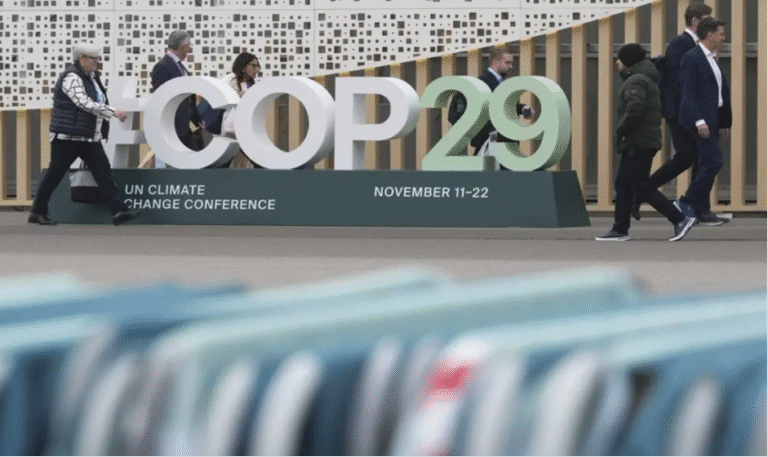
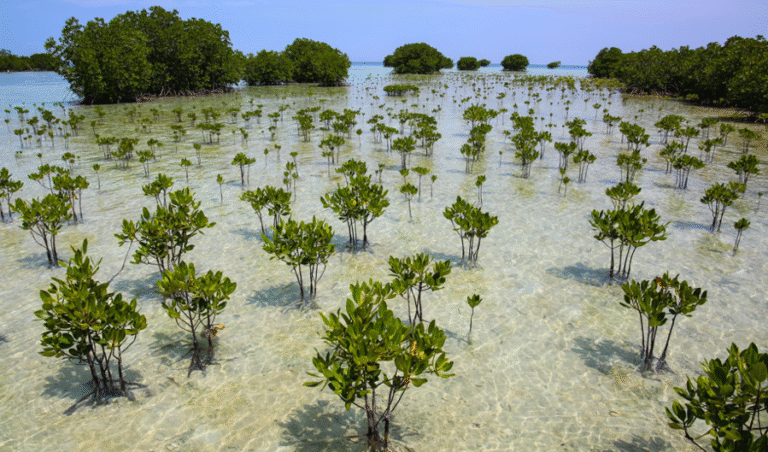

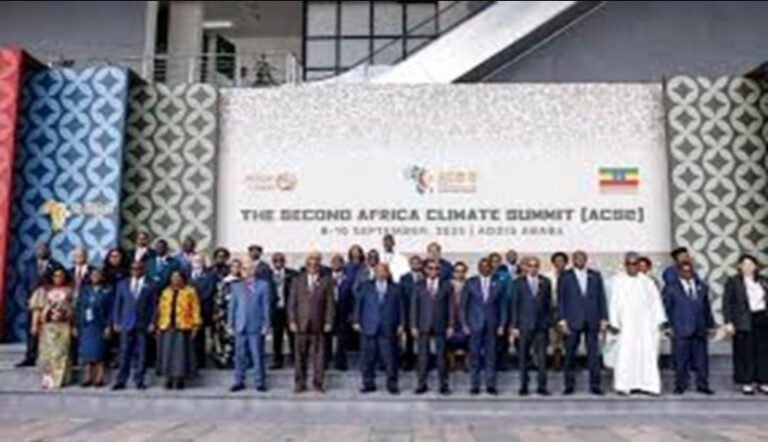



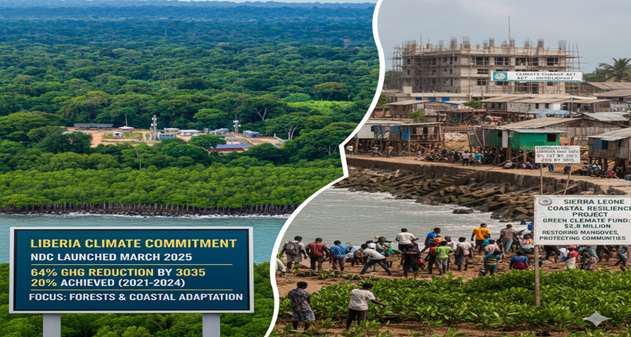
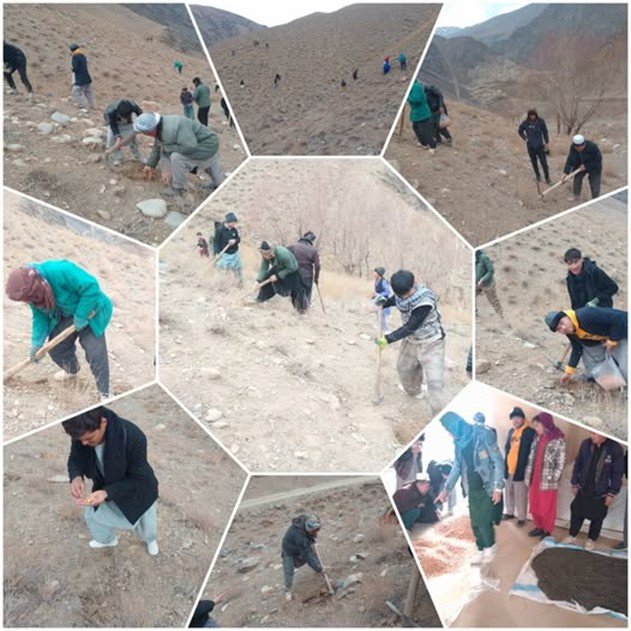
Gadonthomobet is a good place to get started with online betting, in my opinion. Worth a visit: gadonthomobet
Lovejiliapp is so convenient! Easy to use on my phone and the games are top-notch. Highly recommend for gaming on the go! Grab the app and game on at lovejiliapp!
Having a blast with fun88bong88! Great selection of games and always something new to try. The promotions are also a nice bonus. Check it out, you won’t regret it! fun88bong88